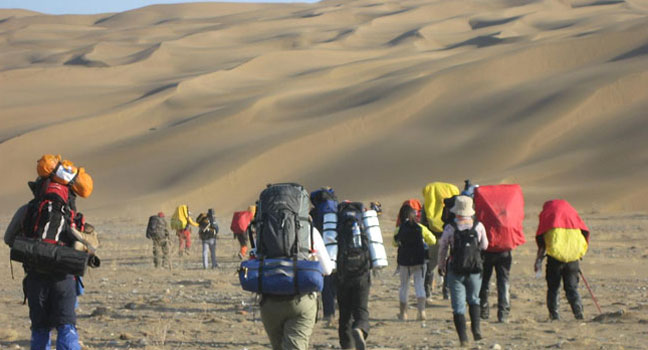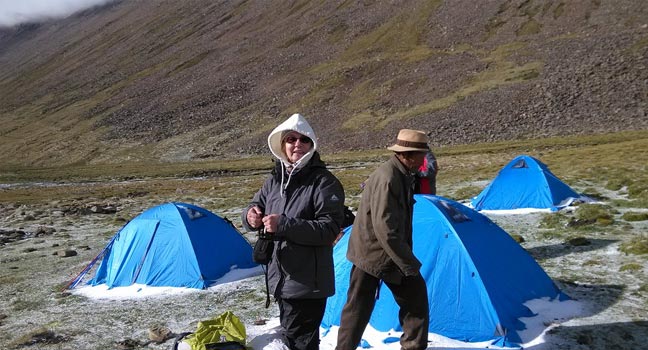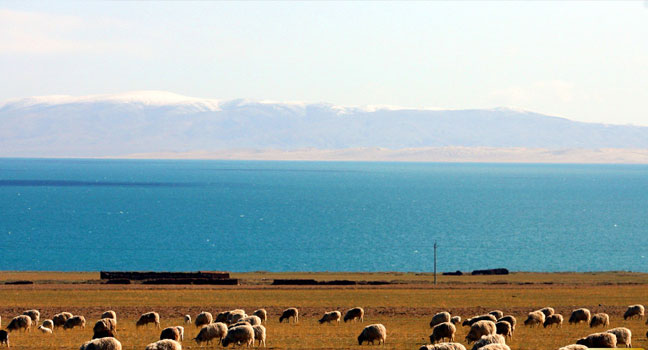Responsible Trekking Travel in Tibet – Tibet Trekking Tour
With average temperatures increasing rapidly, the environment of Tibet is under unprecedented pressure. It is imperative that trekkers make their way lightly and leave nothing behind but their proverbial footprints. Tibet’s beautiful but vulnerable landscape deserves the unmost respect.
A fire, for instance, can scare the landscape for centuries. Stay off fragile slopes and do not tread on delicate plants or sensitive breeding grounds. Follow the Tibetan ethos, killing not even the smallest of insects. This approach guarantees that later visitors get to enjoy the same pristine environment as you.
Rubbish
>> Carry out every piece of your rubbish including toilet paper, sanitary napkins, tampons and condoms.
>> Have a dedicated rubbish bag and minimise package materials.
>> Do not brun palstics and other garbage as this is believed to irritate the Tibetan divinities.
Human Waste Disposal
>> Where there is a toilet, use it.
>> Where there is none, human waste should be left on the surface of the ground away from trails, water and habitations to decompose. If you are in a large trekking group, dig a privy pit. Be sure to build it far from any water source or marshy ground and carefully rehabilitate the area when you leave camp. Ensure it’s not near shrines or any other sacred structures.
Washing
>> Do not use detergent or toothpaste in or near watercourses, even if they are biodegradable.
>> For all washing use biodegradable soap and a lightweight, protable basin at least 50m away from the water source.
>> Try using a scourer, sand or snow instead of detergent. Widely disperse the waste water to allow the soil to filter it.
Erosion
>> Hillsides and mountain slopes are prone to erosion, so stick to existing tracks and avoid short cuts.
>> Do not trench around tents.
>> Never remove the plant life that keeps topsoil in place.
Fire & Low-Impact Cooking
>> Building fires is not an option. Wood is nonexistent in much of Tibet and where there are trees and bushes they are desperately needed by locals.
>> Cook on a lightweight kerosene, petrol, alcohol or multifuel stove and avoid those powered by dispoable butance gas canisters.
>> Ensure that all members are outfitted with adequate clothing so that fires are not needed for warmth.
Wildlife Conservation
>> Do not engage in or encourge illegal hunting.
>> Don’t buy items or medicines made from endangered wild species.
>> Discourge the presence of wildlife by cleaning up your food scraps.
Camping
>> Seek permission to camp from local villagers or shepherds. They will usually be happy to grant permission.























